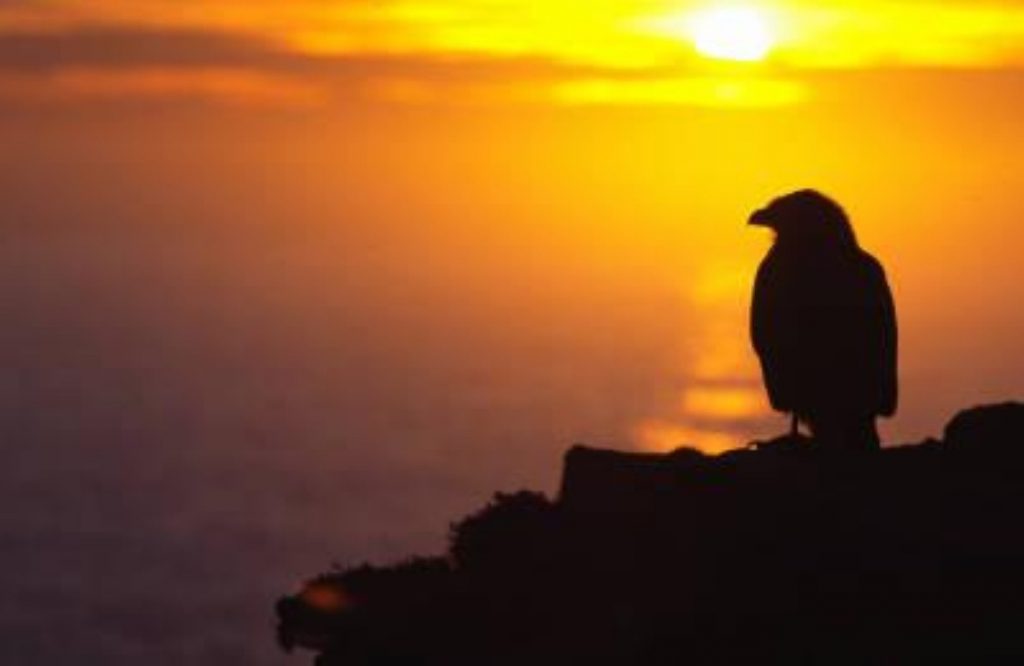Will an Argentine Pope raise hell over the Falklands?
Residents on the Falklands Islands were waking up with a certain degree of trepidation today, after discovering an Argentine cardinal with firm views on the territorial dispute had become Pope.
Cardinal Jorge Mario Bergoglio, who has now become Pope Francis, has clear views on the islands, which the Argentines call 'Las Malvinas'. Last year, during a Mass to mark the 30th anniversary of the war, he said the islands belonged to Argentina.
"We come to pray for those who have fallen, sons of the homeland who set out to defend his mother, the homeland, to claim the country that is theirs and they were usurped," he said. "Many young people were there and could not return. Others returned but none could forget. Many scars, many families destroyed by permanent absence or a return cut short. The country needs to remember them all. The country cannot exclude from its memory any of those who were called; it has to take care of so many hearts with scars and say thank you, to those who remained on the islands or submerged in water, all of them. The country should recognise their scars."
Three years earlier, he told families of those killed in the conflict: "Go and kiss this land which is ours, and seem to us far away."


The election of the new pope marks a turbulent week for Falklands Islanders, after they voted overwhelmingly to remain a British overseas territory. But initial responses from the territory were cautiously optimistic.
"He must be seen as pope first and where he comes from should not figure in the equation," Monsignor Michael McPartland, apostolic prefect in the Falklands, told the Independent. "But I would also like to think he would have a beneficial impact and perhaps be able to express some soothing words that would help the situation here."
An elected legislator on the island added: "In the political sense, the new pope is wrong in what he said. Argentina cannot reclaim something that it never had. I would hope that as leader of the Catholic church he would recognise that Christ died so that all men could be equal and accept our rights as individuals here in the Falklands Islands. I'm not sure how far the Church should get involved in politics. He would be very welcome to see for himself what it is like in the Falklands and learn the views of its people."
The new pope's comments suggest he sees eye-to-eye on the Falklands issue with Argentine president Cristina Kirchner, even though the two are known for their public disagreements over gay marriage and adoption.
What difference will it make? Probably very little. Nothing is changing anytime soon on the Falklands dispute, despite optimistic Argentine claims the islands will be theirs in 30 years. Talks are effectively off the table for now and the referendum this week gave a boost in the arm to the British argument. Even the continued lack of support for the British case from the US state department has little impact. The formal US position is that it recognises the "de-facto UK administration of the islands" but takes no position on sovereignty. Even though technically that would suggest there should be talks on sovereignty, given British intransigence it translates into acceptance of the status quo.
Political interventions by popes are typically generalised, such as speeches against secularism or poverty. The new pope shows signs of being very political – and in particular being much more critical of the free market and material inequality than his predecessors. That will probably be his focus. It would be surprising if he intervened on more specific, controversial issues. But you never know…









